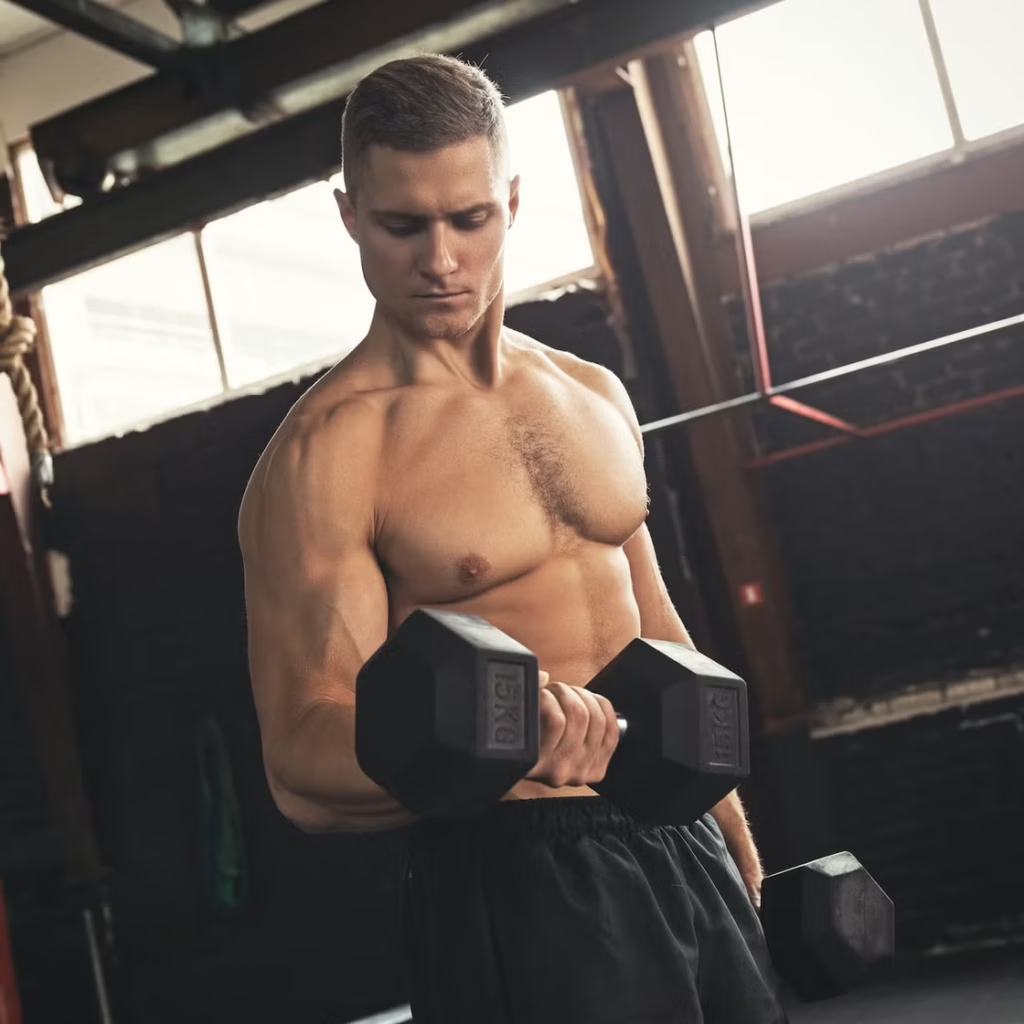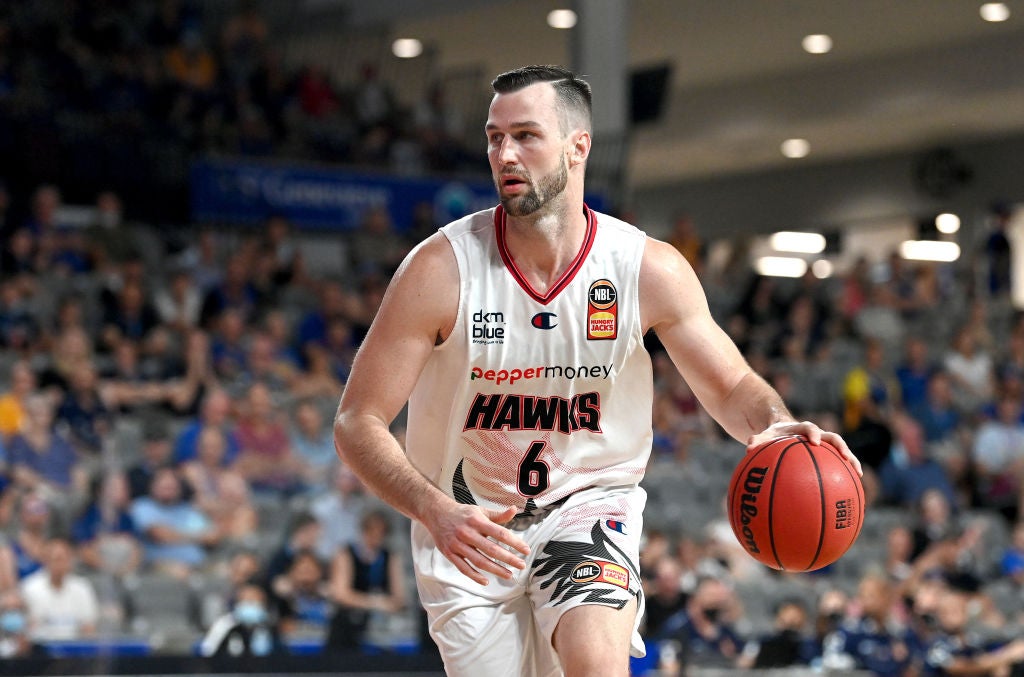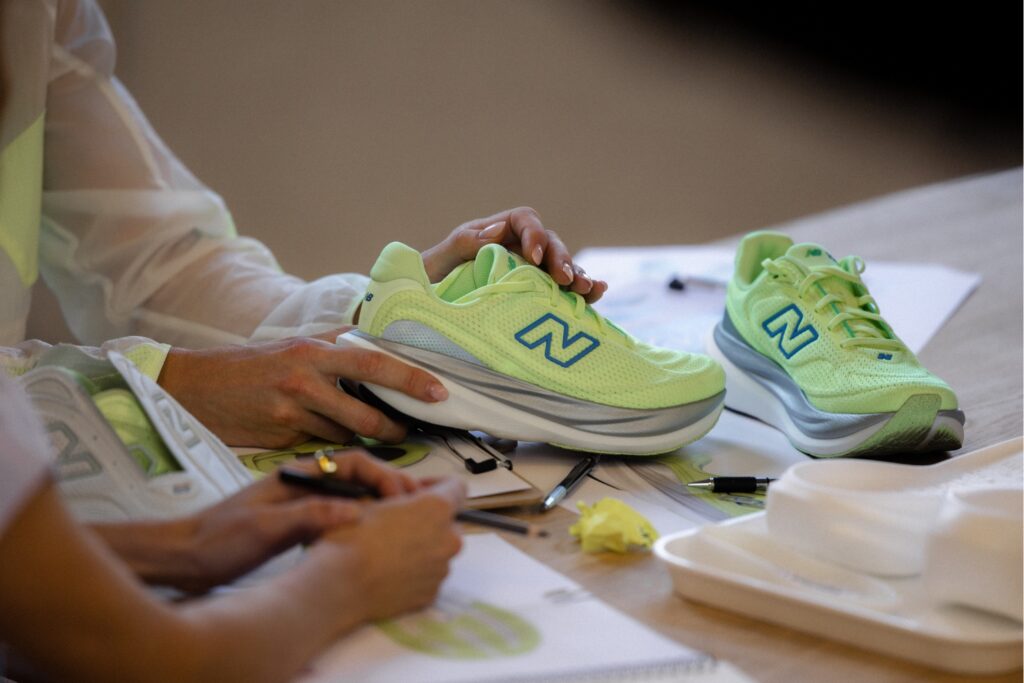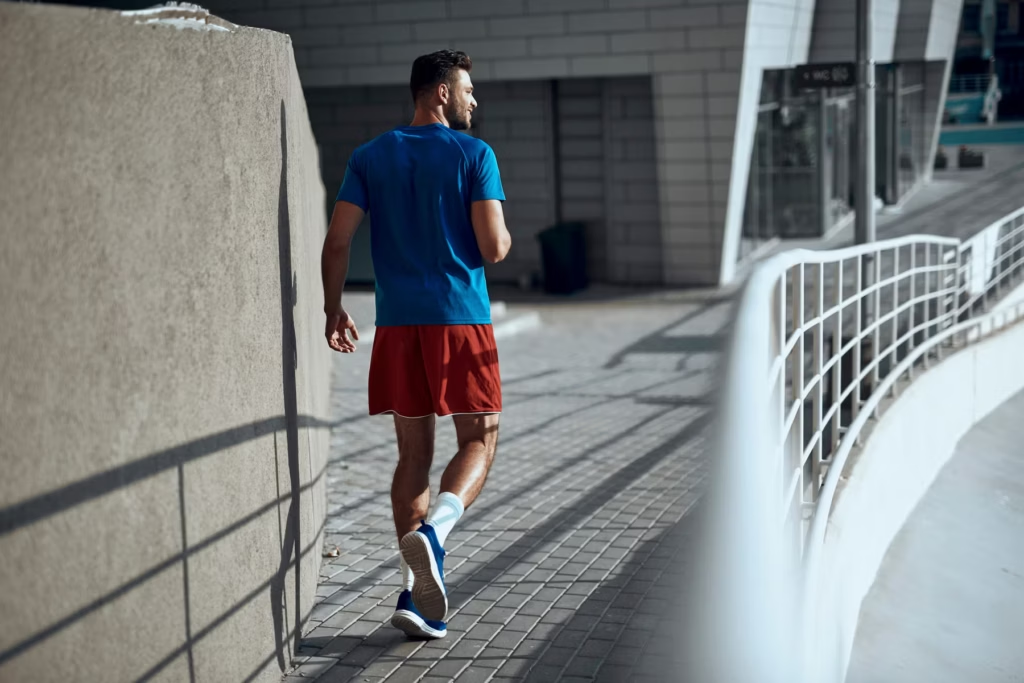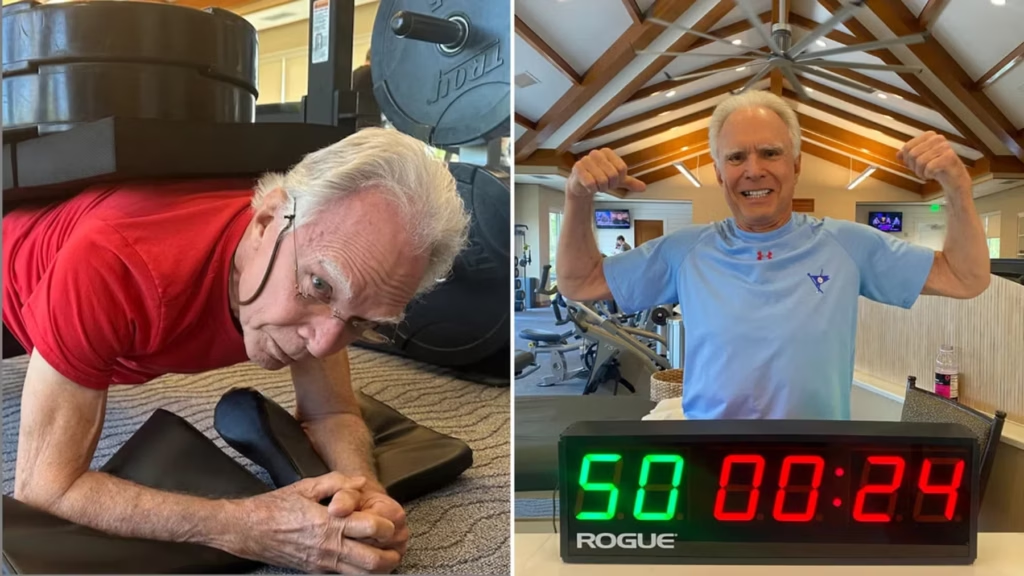Image: Instagram/@faisalpmafitness
Ramadan is the ninth month of the Islamic calendar, and for Muslims worldwide is observed as a month of prayer, reflection, community and, of course, fasting.
For the next thirty days, from full moon to full moon, practicing Muslims will abstain from eating or drinking during sunrise hours. For most this means from awakening until sunset.
Seen as a time of spiritual reflection, self-improvement, and heightened devotion and worship, for those interested in their training and physical fitness, Ramadan presents a unique opportunity for self-experimentation, but also presents its own challenges.
We sat down with author and MH elite coach Faisal Abdalla to talk all things fitness and nutrition during Ramadan and the lessons he’s learned through decades of practice.
Faisal began fasting for Ramadan at 11 years old. He says there’s no hard rules as to what age you begin observing the practice, it depends heavily on your family but usually around puberty.
“I was young and full of beans when I first started, so it was more about the willpower to not eat throughout the day than anything else. Even as I got older, I was playing basketball at college and I’d cycle, so I was always active during this period.”
As Faisal’s time in the gym and training became more important, there were certain concessions he had to make.
“I had to accept that I wasn’t going to be doing any real high intensity fitness. Within that month it’s low intensity, massive rests between my sets and low reps… Ramadan is bigger than fitness, this is life.”
Training During Ramadan
“There’s no one size fits all approach, but for people looking to maintain muscle mass, I would say limit your cardio-based sessions to once a week. For people looking to build their training structure around the fast and to keep up their high intensity training, I always recommend training before suhoor [a pre-fast meal, observed before sunrise]. This may be between 4 and 5AM, but after training you’ve still got an hour to put the calories and fluids into your body before your fast begins.”
Depending on what time of year Ramadan falls, this can mean setting the alarm seriously early. Faisal says a more common approach is to train after Iftar, the breaking of the fast.
“You can either train lightly before Iftar, so you can go straight into eating and refuel your body, or you can break your fast with something very small. Typicall, during Ramadan, this will be dates and some coffee, then once you’ve trained you can get all of the nutrients in.”
Faisal says his personal approach is to train as he normally would, but train smarter. Listening to his body and avoiding pushing himself too hard.
“The goal isn’t fast until you pass out!”
Are There Any Risks to Training During Ramadan?
A lack of fuel and fluids when training during fasted hours can have a detrimental on not only your fitness, but also your health. Dehydration, for example, can lead to heat exhaustion. A lack of proper nutrition after a big workout could suppress your immune system potentially pushing back your fitness goals even further.
Faisal understands how daunting it can feel, with such a small window of opportunity to refuel and rehydrate in the evening. But it’s about not biting off more than you can chew and eating and drinking small portions throughout those hours.
“Aim to get two and a half litres of water in before you go to bed – it’s crucial if you want to maintain training, so get a big bottle and just keep going at it, sipping away mindfully throughout those hours, but ensuring it’s all gone before bed.”
You may be enticed to have a soft drink in this time, but Faisal advises you to steer clear.
“They’re not going to hydrate you and give you what you need. Stick to the water or coconut water if you’re taking your training seriously.”
The same is true of the foods you eat at Iftar and beyond. The aim is to ensure you give your body everything it needs for recovery, but also enough calories to fuel the next day.
“Quality of food is so important, but so are calories! I aim to get as many calories into my body as possible, and certain foods contain more. High fats, high carbohydrate and high fibre! But it’s important to spread it out because your eyes can be bigger than your stomach. You’re so hungry so you prepare this huge banquet, you take two mouthfuls and your stomach says you’re done. Remember, when you start to fast, your stomach shrinks, you know you want to eat more but you just get so full. So little and often.”
Preparation is Key
While preparing your meals in advance will help ensure you’re getting in everything you need, it’s very important to be mindful of the food you’re consuming, a huge part of Ramadan.
“The point of this is to be appreciative of what you have.”
And Faisal’s number one piece of advice for #gymaholics during Ramadan? Setting realistic goals:
“Scale back what you would normally do – shorten the sessions. If you usually do an hour drop it to 45 minutes. You may not have the mental strength to push as long as usual and the last thing you want to do is injure yourself. Make a decision now, are you going to train in the morning? After Iftar? Make yourself accountable by setting the time.
“Let’s also enter Ramadan for the right reasons. Yes, you may lose weight, but that’s not what this is about. Enjoy the ride. It’s a celebration, we’re celebrating how fortunate we are, no matter where you are in life there are always opportunities to be grateful.”
Via Men’s Health UK









